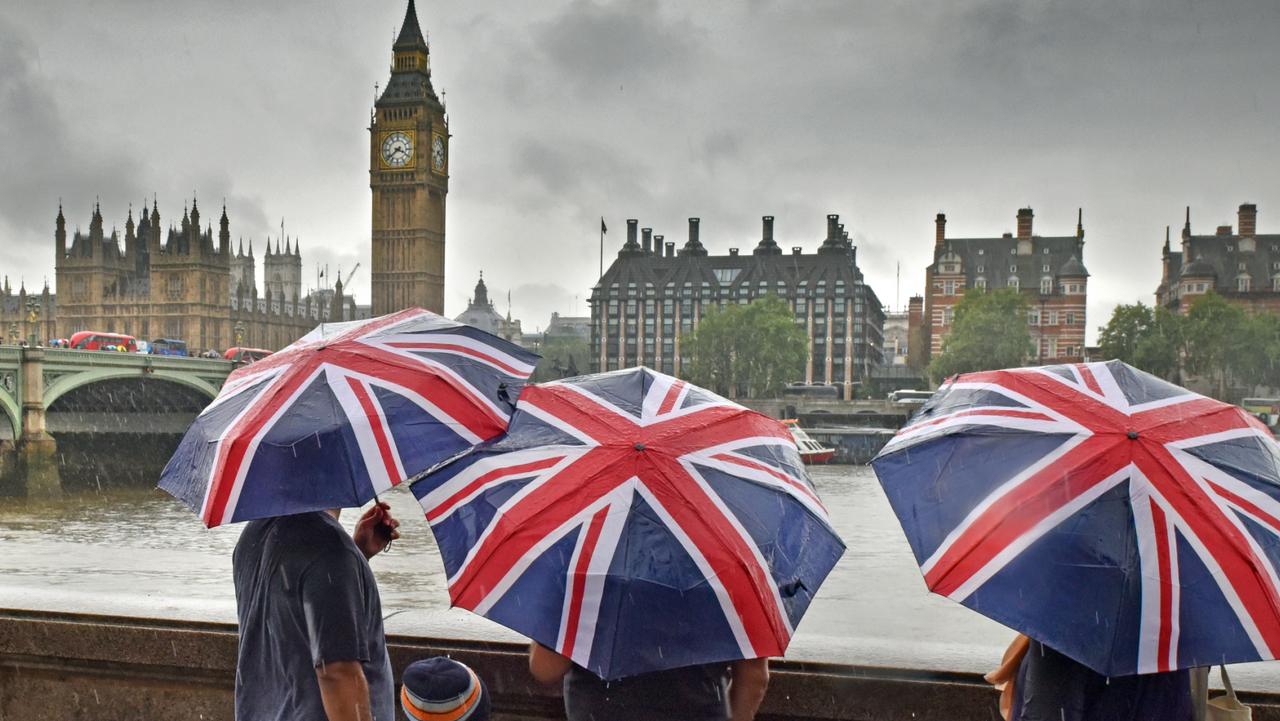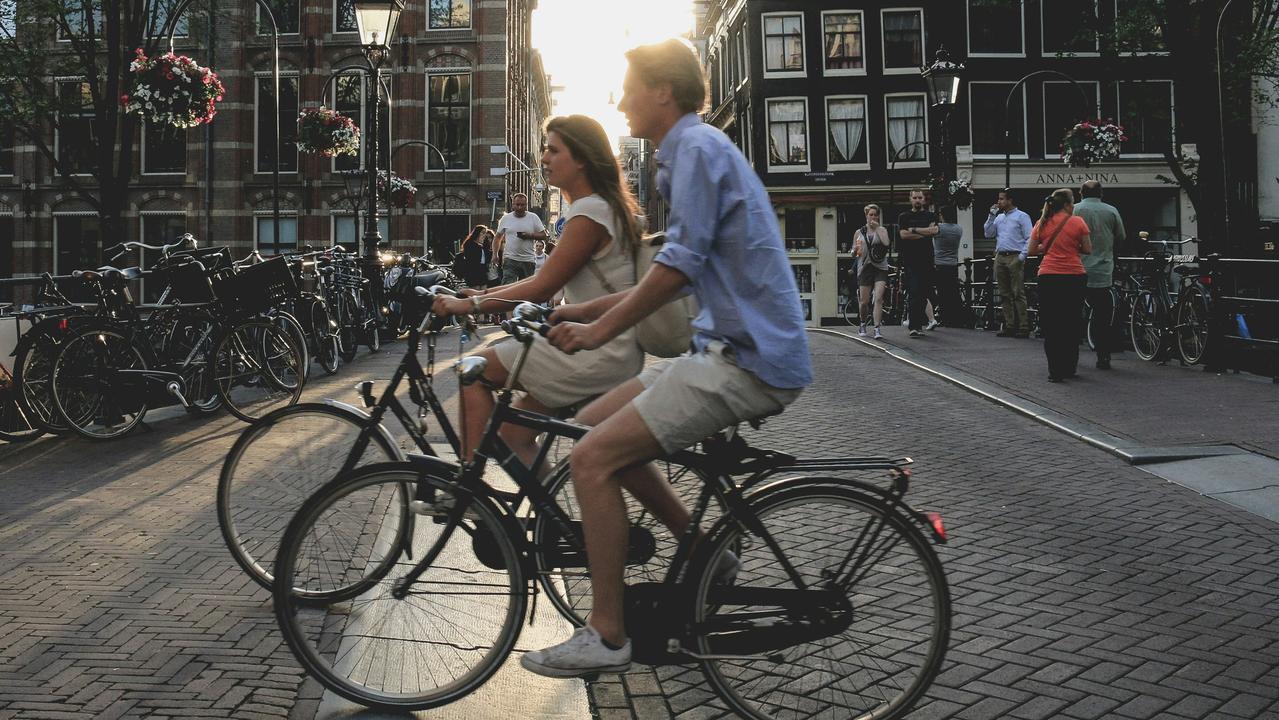Why Aussies may need to rethink the Euro summer trip as we know it
It may feel like everyone is in Europe right now … but in the next few years travellers could be avoiding the holiday hotspot.
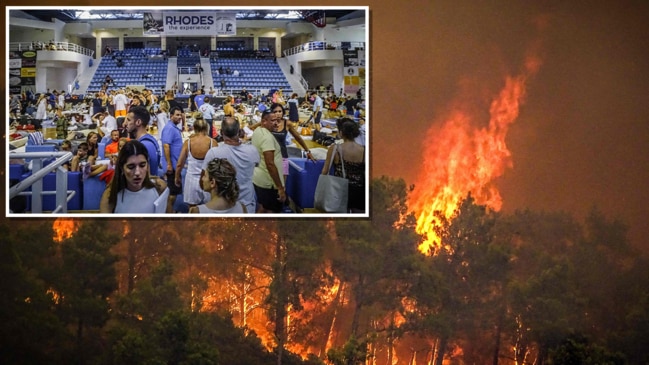
With the huge number of Aussie tourists currently travelling around Europe, it is hard to imagine in the near future people could be avoiding it this time of year.
But that’s exactly what the CEO of Melbourne-based travel company Intrepid Travel expects to happen.
James Thornton predicts within the next five to 10 years Aussies will be choosing to jet off to Europe for Easter and September school holidays instead of the wildly popular July and August months.
The reason? It’s just too hot. And not only is the heat uncomfortable but also disruptive.
July is on track to be the hottest month the world has ever recorded and this year has already seen the hottest June on record.
Mr Thornton told news.com.au Intrepid was seeing more and more Australians book their trips in April, May and June, and then September and October, around the peak months – and he only expects this trend to grow.
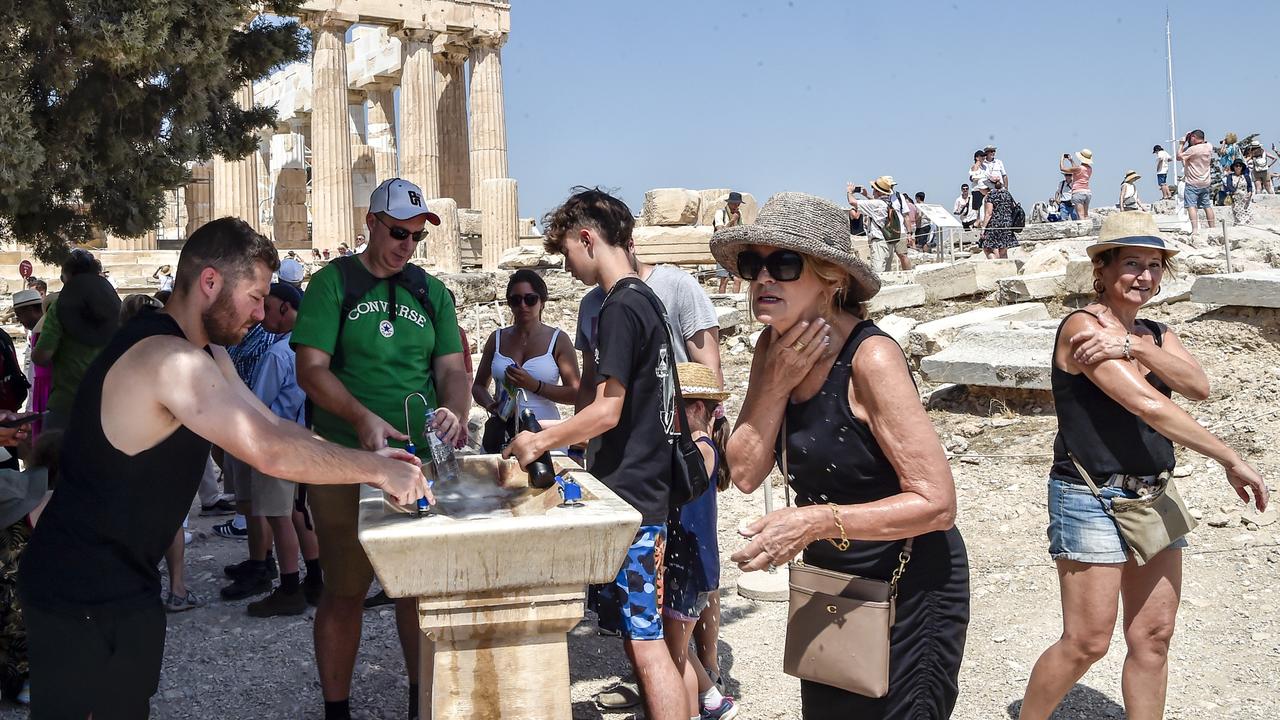
Mr Thornton said trips were being altered this season to deal with the extreme heat in what is likely an indication of what’s to come.
“Our itineraries are operating with all inclusions but we’re adjusting the timing to ensure guests aren’t exposed to the midday heat and also to accommodate the archaeological sites, which have reduced opening times,” he explained.
“Greece is closing sites during the middle of the day to avoid the heat. So, often we’re getting out early in the morning, having some great experiences and back to the hotel in the absolute peak heat in the middle of the day, and heading out in the evening.”

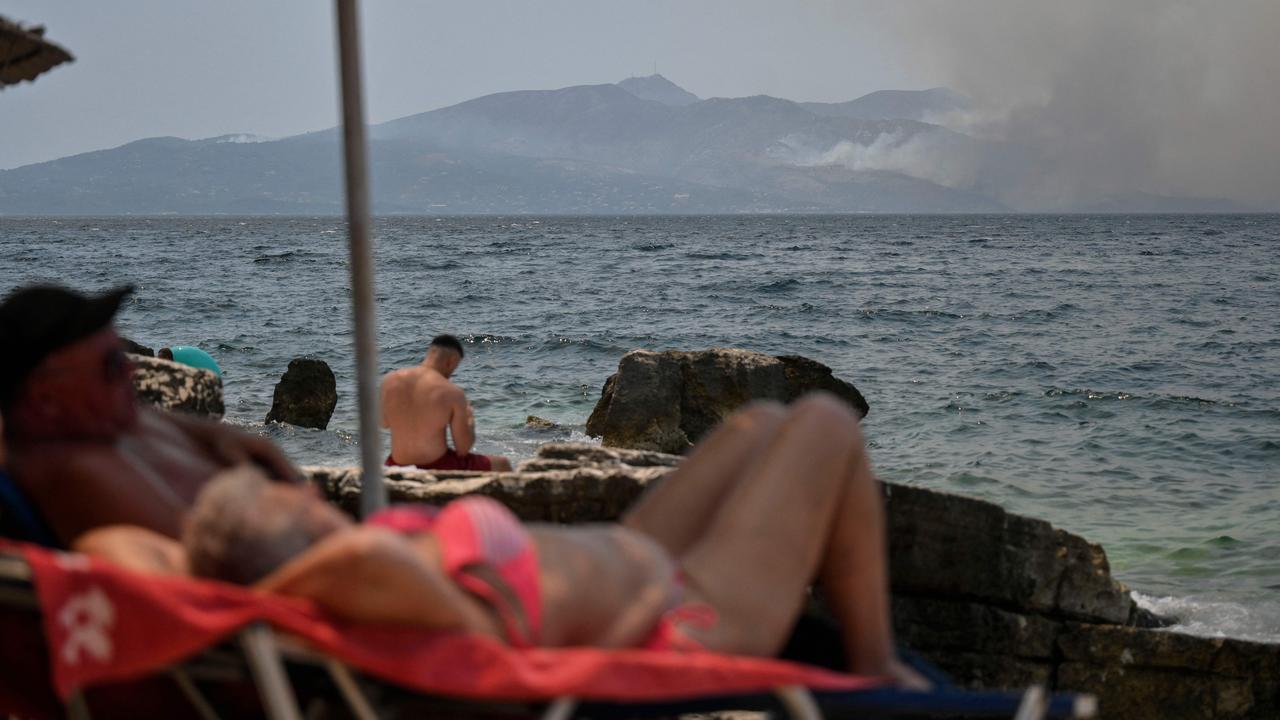
Mr Thornton said he personally changed his own travel plans in Europe last minute because of the heat.
“I was actually due to be in Sicily the last week of July with my mum for her 70th birthday and we took the decision together that we wouldn’t travel,” he said.
“At the time Sicily was experiencing some quite significant wildfires noticeably around the airports of both Palermo and Catania and my mum being 70 obviously finds the heat more challenging.
“Day time temperatures were in the mid to high 40s, night time temperatures in the low 30s. There’s often some rolling blackouts which is impacting the ability to get good airconditioning so in the end we decided that it was just probably too much to risk and travel.”

But it’s not just Australians’ European summer plans that are being affected.
Mr Thornton says tour operators are needing to review the way they travel to different areas across the globe.
From January last year to April this year, 76 Intrepid tours were disrupted in some way due to climate-related impacts, Mr Thornton said.
It included minor re-routing of itineraries to some full-scale group evacuations.
The disruptions included wildfires in the US, a prolonged monsoon season in South East Asia and Hurricane Ian in Cuba.

“As more data emerges it is a possibility that tour operators like Intrepid will start to adapt our itineraries and seasonalities to mitigate climate risk,” Mr Thornton said.
“A good example is we might look at a shorter trekking season in Nepal – at the moment Nepal has unfortunately been experiencing more landslides. Or we might change the times of day we run activities in India to combat some of the heatwaves India experiences too.
“I think one thing is for certain; both climate risk and tourist numbers are both rapidly rising.”
Intrepid takes about 300,000 people on about 1000 trips a year to more than 120 countries.
About 40 per cent of those travellers are Australians, followed by Brits and Americans.
Most trips are 7 to 14 days long and are groups of about 10 people.
The focus of the tours is local experiences with groups travelling with a local leader, using local transport, staying in local accommodation, and eating local food.




